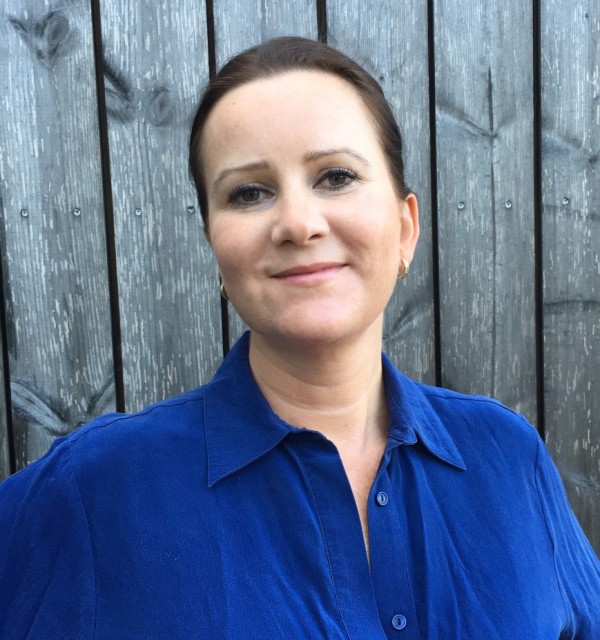Tallinn 18th & 19th March 2024
Grappling with Methods: The What, How and Why of Research
What drives you as a researcher and what do you desire to achieve with your research outcome? How can you find your own way through the myriad of existing research method literature, procedures and traditions – while also being able to reflect on, and account for, your choices?

There are different ideals for what constitutes quality in research, some of which are paradigmatic. However, the ability to critically reflect on choices made are demanded from all doctoral candidates, who have to learn to argue the what, how and whys of research throughout the PhD trajectory. Responding to such questions includes the ability to account for both the planned and the unintended impacts of choices, omissions and mistakes – or even the outright mess one makes – in the course of conducting a research project.
This two-day Spring Symposium will offer PhD candidates state of the art knowledge on methods for data collection, analysis and interpretation, as well as discussions about what constitutes quality in research, according to different paradigms. Our aim is to strengthen doctoral candidates’ understanding of problems and potentials in conducting research, and the ability to critically appraise methodological coherence in the relationship between theory and methods, thereby supporting sound research practice.
Through a strand of thought-provoking lectures by international junior and senior scholars, the Spring Symposium will unfold central theoretical and philosophical perspectives on research methods and methodology (Strand One: Thinking about Methods). Each keynote lecture is followed by a prepared response or a plenary discussion engaging doctoral candidates, to highlight the value of dialogue and reflect the differences and tensions that exist within the academic community on these key issues. Secondly, to complement Thinking about Methods, we offer a more hands-on Doing Methods strand with workshop activities relating to either a) troubleshooting candidates’ choice of and use of methods in their PhD projects, or b) candidates’ written work in progress, whether an ongoing data analysis or a draft manuscript, with an emphasis on discussing presentation of methods and methodology (Strand Two: Troubleshooting Methods).
Programme
Schedule overview for the PROFRES Spring Symposium 2024
Sunday 17 March 2024
Bus from Tallinn Airport to the hotel on Sunday evening for PROFRES participants travelling with the group booking from Gardermoen. If you need assistance: our PROFRES Symposium Helpline for the 17-20 March is Øyvind Nystøl (+47 915 83 399)
Monday 18 March 2024
08.30 Bus departs from hotel to campus for PROFRES participants. Location for the Symposium: Mare Building, Uus-Sadama 5
09.00-12.00 STRAND ONE: THINKING ABOUT METHODS (plenary session)
Room M-218
- 09.00-09.30: Welcome, Vice-Rector for Research (Tallinn University) Katrin Niglas, Inge Timoštšuk, Professor, Tallinn University, Estonia and Birgitta Haga Gripsrud, Academic Director, PROFRES, Professor University of Stavanger, Norway
- 09.30-10.40: Keynote lecture “Doing without Method”, Alfred Sköld, Assistant Professor, University of Aalborg, Denmark
Prepared response by Professor Linda Lundgaard Andersen, Roskilde University, Denmark and plenary Q&A - 11.00-11.55: Keynote lecture “Developments in Mixed Methods Designs: What Have Been the Dominant Pathways and Where Might They Take Us in the Future?”, Katrin Niglas, Professor, Vice-Rector for Research, Tallinn University, Estonia
Prepared response by Professor Chris Green, University of Essex, UK and plenary Q&A
12.00-13.00: LUNCH, Atrium in mare 3rd floor
13.00-17.00 STRAND TWO: TROUBLESHOOTING METHODS (parallel sessions)
Workshop A: Writing as Method: Creating Transparency by Choosing Your Words with Care
Room M-213
A central validity criterion in qualitative research is transparency. One way of looking at transparency is how “the act of writing” in part contributes to producing the research result (Altheide & Johnson, 2011, p. 587). In a hands-on format, workshop participants are invited to take a meta-perspective on text examples, discussing in groups and plenary sessions how the various parts of a text have distinct functions in relation to each other and to the text as a whole, as well as to building your argument and convincing your reader that what you are presenting may be considered as evidence. Becoming aware of the distinct functions of the different parts of a text may help you choose your words with care, contributing to transparency and hence to the quality of your research.
Facilitators: Associate Professor Marieke Bruin, University of Stavanger, Norway; Associate Professor Charlotte Wegener, University of Aalborg, Denmark, Professor Birgitta Haga Gripsrud, University of Stavanger, Norway
Workshop B: Critiquing Methods: How to Reflect on and Respond to Criticism of Your Work
Room M-133
Part of a PhD process is to develop one`s own voice and be able to defend one`s choices as a researcher – but also challenge the choices of others. Academics, including the editors and reviewers of the journals you aim to publish in, will challenge you on the assumptions embedded in your methods and methodologies. You will also be expected to comment on and appraise the work of others. Such critical enquiry and justification have the potential to strengthen the collective efforts of researchers and the academy, but defending your research approach, and challenging the positions of others, can be both exciting and anxiety-triggering. How is it possible to be critiqued without being overwhelmed and how is it possible to provide constructive critique that adds to the collective learning of the academy rather than undermining it?
In this workshop we will engage these and other questions in a critical manner. Together, we will explore ways to articulate, explain and justify the approaches we have taken in our research, and reflect on the ways that we can both receive and offer constructive criticism. We will also practice the fine art of giving and receiving constructive feedback to others that create what Bateson describes as “a difference which makes a difference”. Throughout, we will be deliberate and conscientious about how to use reflective processes, alternating between plenary sessions and group-discussions, and inviting participants to take on different roles - as presenters, commentators and observers.
Facilitators: Professor Siv Oltedal, University of Stavanger, Associate Professor Kjetil Moen, University of Stavanger, Norway; Professor Chris Green, University of Essex, UK
17.15 Bus departs from campus to hotel for PROFRES-participants
FREE EVENING/DINNER OF YOUR CHOICE
Tuesday 19 March 2024
08.30 Bus departs from hotel to campus for PROFRES participants. Location for the Symposium: Mare Building, Uus-Sadama 5
09.00-12.00 STRAND TWO: TROUBLESHOOTING METHODS (parallel sessions)
Room M-225
Work in Progress: Troubleshooting Methods (small workshops)
Students troubleshoot and peer critique methods in written work, in small groups, facilitated by staff in PROFRES and from Tallinn University
12.00-13.00: LUNCH, Atrium in mare 3rd floor
13.00-17.00 STRAND ONE: THINKING ABOUT METHODS (plenary session)
- 13.00-14.00: Keynote lecture “The Scientific Method and the Scientific Desire”, Jonna Lappalainen, Associate Professor, Södertörn University, Sweden. Followed by 15 mins buzz groups (2-3 people) and plenary discussion (Room M-225)
- 14.20-15.05: Keynote lecture “Method and Theory – Distant Relatives or Siblings?” Geir Afdal, professor MF Norwegian School of Theology, Religion and Society/Østfold University College, Norway. Followed by 15 mins buzz groups (2-3 people) and plenary discussion (Room M-225)
- 15.05-15.30: Keynote lecture “Exploring Creative Approaches to Data Analysis: Moving Beyond Mystery and Magic”, Ali Roy, Professor University of Central Lancashire, UK. Followed by 5 mins Q&A, further reflection to be continued in the panel conversation that follows (Room TBA)
- 15.50-16.50: Panel Conversation (Room TBA)
The panel conversation, marking the closure of the symposium, offers an opportunity for the participants to voice any need for clarification and elaboration of things that have been said and done during the seminar. In addition, the keynote speakers will be invited to share thoughts about how to develop one's own voice as an academic and how to preserve meaningfulness in one`s work, when experience shows that both can come under pressure during a PhD process.
Participants: keynote speakers, candidates, academic staff, Scientific Advisory Board members (TBA) Facilitated by Associate Professor Kjetil Moen, University of Stavanger, Norway - 16.50-17.00: Final remarks and thank you
19.00: SHARED DINNER, Olde HANSA RESTAURANT
Meet in hotel lobby 18.40 for shared walk to the restaurant (or get there by yourself)
WEDNESDAY 20 MARCH 2024
For PROFRES participants: Wednesday morning is at your own disposal. NB! 11.00 Bus departs from the hotel to the airport for PROFRES participants travelling with the group booking (or similar departures) from Tallinn to Gardermoen.
Keynote: Alfred Sköld
Doing without Method
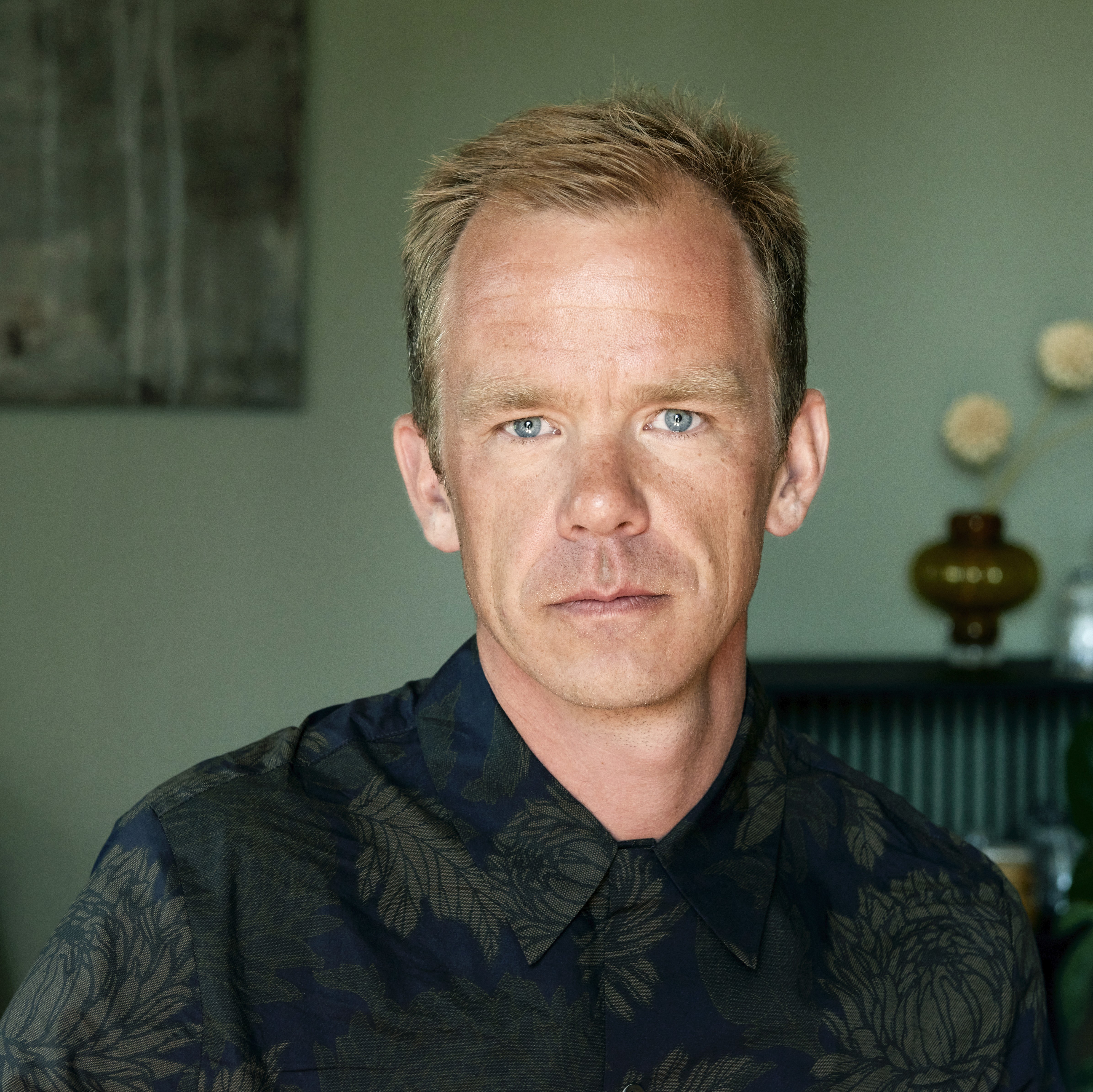
The greatest sin of modern philosophy, George Bataille argues in Eroticism, is to have “distanced itself from life itself”. In this lecture, I will argue that the social- and humanistic sciences have moved in the same direction, and that the prime reason for this unfortunate development is an exaggerated focus on method. Method, that was supposed to be the way to the goal, has become the sine qua non of many research projects. Many young scholars spend their valuable time worrying about methodological details instead of doing what they are supposed to: learning, reading, listening, thinking, and writing. Reminded of Heidegger’s concept of “the oblivion of being” (Selnsuergessenheit), we seem to have forgotten what research was all about: life in its endless complexity.
As a defiant response to the slavish adherence to methods that Kerry Chamberlain have termed “methodolatry”, this lecture will be inspired by the qualitative tradition from Steinar Kvale (1938-2008) and Svend Brinkmann (1975-). In different yet related ways Kvale and Brinkmann develop a restless, passionate, and straightforward way of approaching the world where good and interesting research is a question of being 1) genuinely interested in one’s subject matter, 2) theoretically informed, 3) in tune with one’s personal and socio-cultural surroundings, and 4) prepared to learn through experience. In this lecture, I will discuss how the craft of qualitative research might be conceived of in this light and pose a number of questions that could serve as provocation and inspiration for PhD students.
BIO
Dr Alfred Sköld is Assistant Professor of Psychology at Aalborg University, Denmark, and currently a Research Fellow at the International Psychoanalytic University, Berlin. His PhD-dissertation, Relationality and Finitude: A Social Ontology of Grief (2021) focused on the existential and ethical aspects of grief, and his current research project investigates the role of emotions in youth climate activism. Sköld is the editor of two anthologies in Danish: The Struggle for Happiness (2020) with Svend Brinkmann, and The Register of Love (2023). He has previously been a visiting researcher at Södertörn University and Yale University. Sköld is also the Director of the research group Qualitative Studies at Aalborg University, and the chairperson of Kvale-konferencen (The Kvale Conference).
Respondent: Linda Lundgaard Andersen
Prepared response to keynote lecture “Doing without Method”.
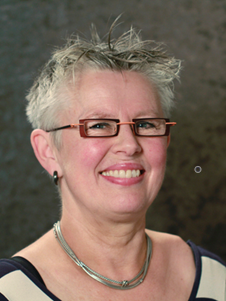
Linda Lundgaard Andersen, PhD, is Professor of learning, evaluation and social innovation at Roskilde University, former PhD School of People and Technology director, founder and prior co-director of the Centre for Social Entrepreneurship. She has supervised around 30 PhD students within a broad area of topics. Research interests include learning, social sustainability and social innovation in welfare services, democracy and forms of governance in human services, psycho-societal theory and method, ethnographies of the public sector, social entrepreneurship and social economy, voluntary organizations and social enterprises. Recently, she has been researching transformations and shifts of paradigms in the Danish and Scandinavian welfare services, focusing on a renewed discourse and practice of cocreation, coproduction and partnership in social work and human services. She is also a trained psychoanalytic psychotherapist from Nordic Psychoanalytic Collegium, DK. Linda Lundgaard Andersen is a Scientific Advisory Board member for PROFRES.
Keynote: Katrin Niglas
Developments in Mixed Methods Designs: What Have Been the Dominant Pathways and Where Might They Take Us in the Future?
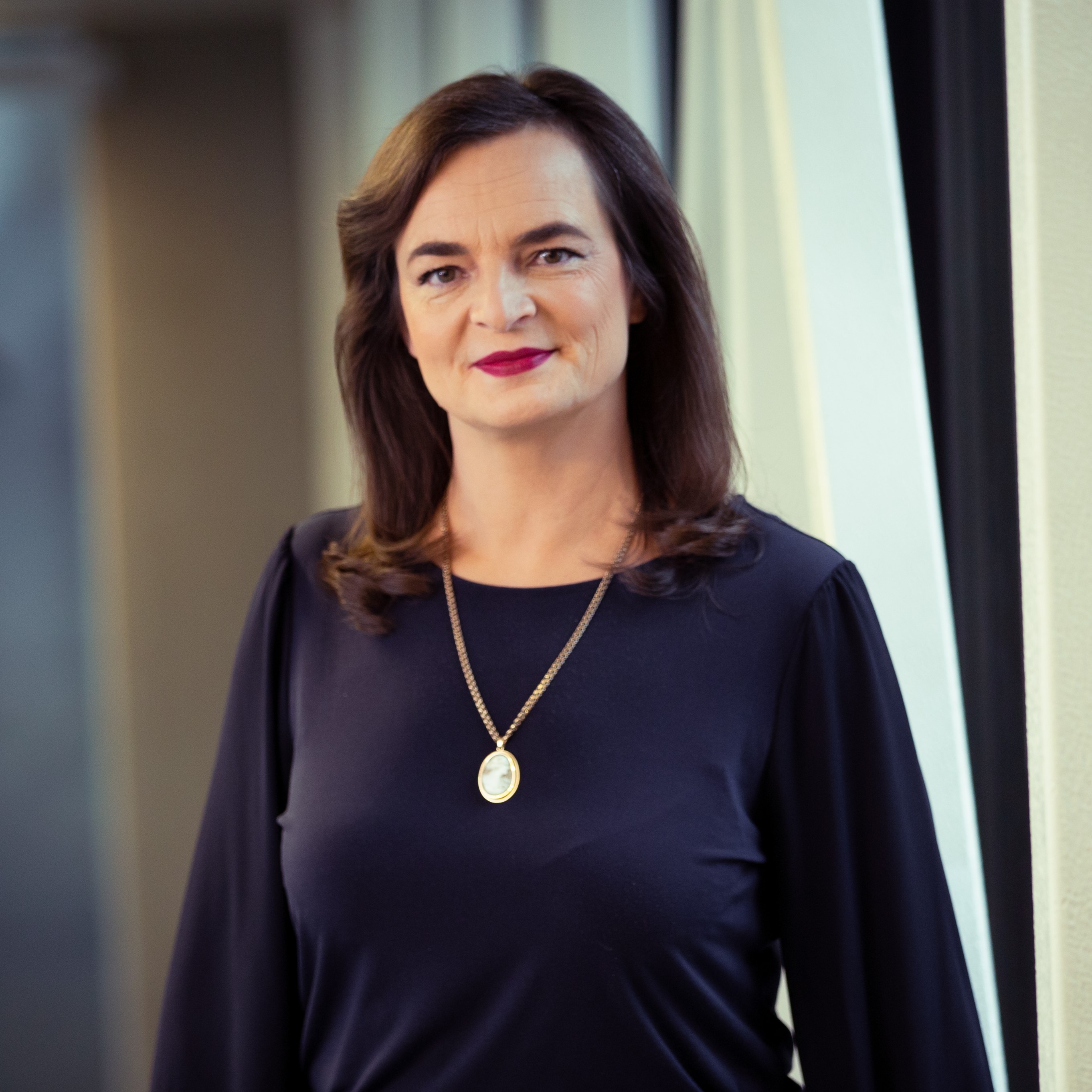
The use of mixed methods (MM) designs has gained immense popularity in recent decades. In the SAGE Encyclopedia of Research Design, Pinto (2012, p. 813) claims that “Most study designs today need to include both quantitative (QN) and qualitative (QL) methods for gathering effective data and can thereby incorporate a more expansive set of assumptions and a broader worldview.” While I am somewhat more modest about the prevalence of MM designs, it is both exciting and challenging to navigate the variability and plethora of approaches the methodologists and practicing researchers from different continents and disciplines are bringing to the field. Building innovations on systematic and representative foundations helps to form a solid bridge to the future. Therefore, the aim of this keynote is to provide an overview of some influential historical developments and a glimpse from these grounds into the possible future trends related to MM designs.
BIO
Katrin Niglas is Professor of Data Analysis at Tallinn University, Estonia. Niglas began her academic work in the speciality of informatics and computing. Having a strong background in the exact sciences and, at the same time, competence in education and psychology, she subsequently specialised in the field of statistics and data analysis. Within the framework of doctoral thesis, she has concentrated on the issues of research methodology, setting the focus on the topic of the combined use of qualitative and quantitative methods. Niglas is a founding member of the researchers’ association Mixed Methods International Research Association and a member of the editorial boards of three high-level international research journals. She has participated in multiple research projects in different fields of social and educational sciences as an expert in methodology and data analysis.
Respondent: Chris Green
Prepared response to keynote lecture “Developments in Mixed Methods Designs: What Have Been the Dominant Pathways and Where Might They Take Us in the Future?”.
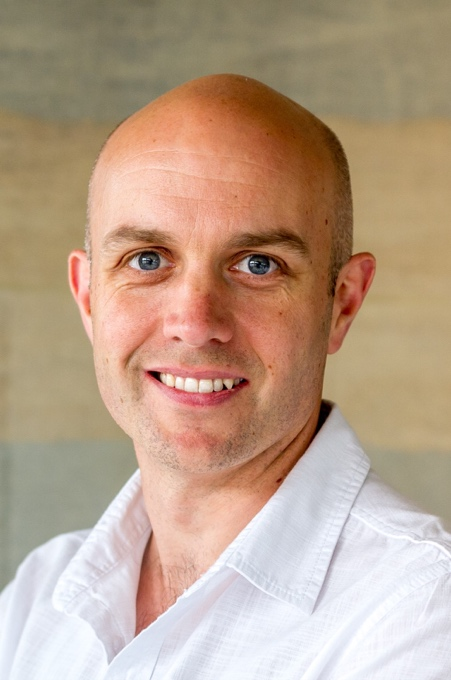
Chris Green is Professor of Education and the Director of Education in the School of Health and Social Care (HSC) at the University of Essex, leading a range curriculum design and quality assurance projects. Chris has previously held leadership roles in Practice Partnerships, Medical and Clinical Education and Interprofessional Education. He undertakes and supports systematic reviews of health professions education and is Associate Editor for the Journal of Interprofessional Care and is a Scientific Advisory Board member for PROFRES. Chris’ research interests include interprofessional education, critical theory and its use in health professions education and practice; his methodological interests span qualitative forms of enquiry, specifically grounded theory and critical discourse.
Keynote: Jonna Lappainen
The Scientific Method and the Scientific Desire
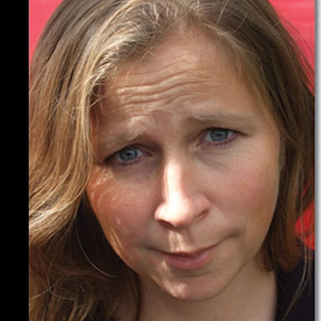
Science is driven by the desire for new knowledge or new discoveries. This also applies to the individual researcher; ideally a researcher is driven by a desire for new knowledge. But researching, doing science, also entails the commitment to be able to demonstrate how you have arrived at your results. An important part of demonstrating of approach is the scientific method. Method is the means for the researcher to achieve results. And sometimes the method is presented as the very demarcation between science and opinion. Evan if this were true, it is important to consider the difference between science and method. Can too strong a focus on method lead to the suppression of the scientific desire at the expense of a desire to be methodologically rigorous and correct?
By starting from my own field of research, the theory of practical knowledge, I thematize some of the balances and decisions that individual researchers must make in their use of methods.
BIO
Jonna Lappalainen is an Associate Professor/Senior Lecturer at the Center for Practical Knowledge, Södertörn University Stockholm, Sweden. She wrote her doctoral thesis in philosophy on Søren Kierkegaards understanding of "the single individual". Lappalainen participates in an ongoing research project on collective practical knowledge. The project combines philosophical investigations of the concept of "collective phronesis" with a study of how professionals in the education system and the police force in Sweden and Germany – understand and relate to this very concept. In recent years she has conducted research on the role of thinking in higher education and how it has changed over the last 20 years of transformations in the education system.
Keynote: Geir Afdal
Method and Theory – Distant Relatives or Siblings?
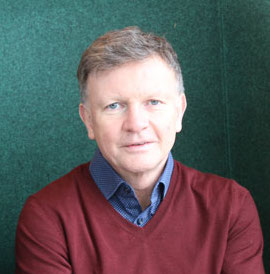
The theme of the talk is the relationship between method and theory in empirical research. The argument is that the relationship can be understood as more distant on one hand and as more entwined on the other, and that the different understandings offer affordances and constraints. The talk has three parts. First, a short discussion on the concepts method and theory, followed by a presentation of examples of distant and entwined positions. In the third and last part, these positions are critically discussed.
BIO
Geir Afdal is Professor of Education at MF Norwegian School of Theology, Religion and Society, Norway. He was director of the research school Religion Values and Society (RVS). He has broad academic interests, including how values and knowledge in education may be understood on the background of processes of difference and globalization, both empirically and theoretically, thereby contributing to the understanding of tolerance in education. Afdal’s research interests also include the relation between theory, practice and research, education and values, religious education, participative action research, the understanding of context, learning and knowledge-creation and the relationship between accountability policies and professional values. Geir Afdal is a member of PROFRES 2.0 Scientific Advisory Board.
Keynote: Ali Roy
Exploring Creative Approaches to Data Analysis: Moving beyond Mystery and Magic
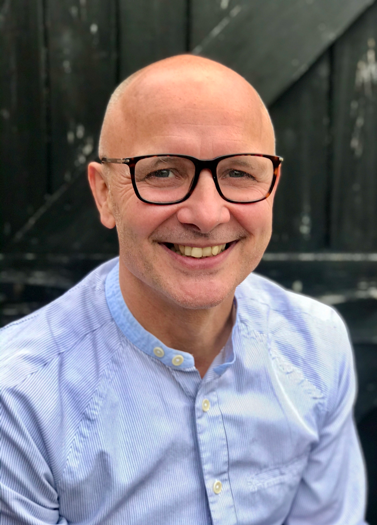
This session draws on a new Handbook of Creative Data Analysis to be published by Policy Press in May 2024. The handbook includes a vast range of innovations and creative approaches to working with data, which are in some cases entirely novel and in other cases inventive adaptations of existing practices. Creative data analysis refers to both ‘the analysis of data gathered using creative methods’ and the creative analysis of data gathered using creative or conventional methods. Data analysis has been described as the most complex and mysterious of all of the phases of research and one that receives the least thoughtful discussion in the literature. As editors, we realised that many people were looking for usable examples of doing data analysis differently; for practical resources which they can pick up and apply; and for texts that can describe, simply, how creative approaches have been undertaken and to what effect epistemologically, methodologically, and substantively. The session will consider some of the difficulties and as well as the benefits of using creative approaches to data analysis.
BIO
Ali Roy is Professor of Social Research and Co-Director of the Centre for Children and Young People’s Participation and the Psychosocial Research Unit at the University of Central Lancashire, Preston, UK. Before becoming an academic he was youth and community worker and residential social worker. He is an inter-disciplinary scholar and he has a particular interest in research methodology. Roy has worked on innovations in mobile, visual, map-making, narrative and participatory methods. He has undertaken applied research in the fields of substance use, mental health, youth homelessness, youth violence as well as in collaborative arts.
About the Organizing Partners
The Spring Symposium is offered as part of a new international collaboration between The School of Educational Sciences at Tallinn University in Estonia and PROFRES 2.0 The Interdisciplinary, Interprofessional and Practice-Near Research School in Norway.
Tallinn University is the largest university of humanities in Tallinn and the third largest public university in Estonia. We have more than 7,500 students (with 9.5% of them international), and over 800 employees, including close to 400 researchers and lecturers. Tallinn University is very strongly committed to internationalisation.
PROFRES 2.0 is a doctoral research school profoundly preoccupied with conditions in working life, as evident in our remit for practice-near research problems in the fields of health, welfare and education. Through nine partnering institutions we recruit up to 60 candidates from 16 PhD-programmes in Norway, which altogether enroll around 800-900 PhD candidates. Our overarching aim in PROFRES is twofold and complementary: 1) to cultivate excellence in a high-quality interdisciplinary and interprofessional learning environment for practice-near doctoral researchers, with focus on three major labour sectors in the welfare state; 2) to vouchsafe relevance by facilitating new co-creation spaces between academic and practice fields – mutually cultivating innovative knowledge-based professional practice and practice-near research with a view towards shaping future welfare.
Organizing Committee
Academic staff: Birgitta Haga Gripsrud, Marieke Bruin, Kjetil Moen, Siv Oltedal, University of Stavanger, Norway; Inge Timoštšuk, University of Tallinn, Estonia
Administrative advisors: Camilla Melhuus Line, Øyvind Nystøl, University of Stavanger and University of Agder; Elina van der Toorn, Tallinn University, Estonia
Avdeling for omsorg og etikk
